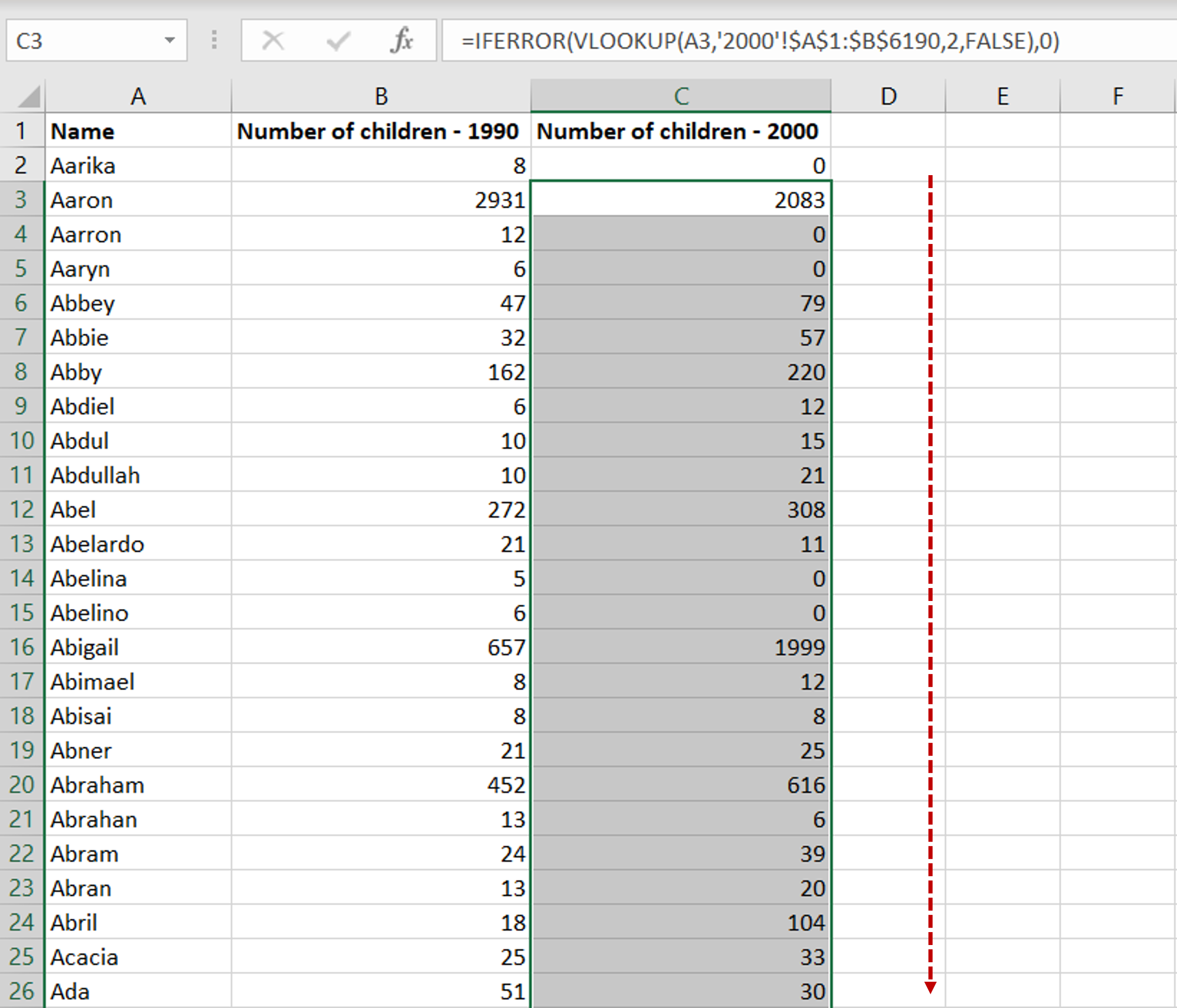5 Tips for Printing Excel Sheets on One Page

Understand Your Page Setup Options

When you’re ready to print your Excel sheet, the first step is to dive into the Page Layout tab. Here, you can find an array of options to help you control how your worksheet fits onto a single page:
Orientation: Typically, the default is portrait which might work well for worksheets with fewer columns. However, for those with more columns, switching to landscape can fit more data onto a single sheet.
Scaling: The ‘Scaling’ option lets you shrink your worksheet to fit on one page. You can choose:
- Fit to One Page: Automatically adjusts the scale to fit your sheet onto one page.
- Custom Scaling: Manually set a percentage to shrink your content.
Page Size: Select the paper size to match your printer. Letter, A4, Legal, and other options are available here.
Here’s a quick view on these settings:
| Setting | Description |
|---|---|
| Orientation | Portrait or Landscape |
| Scaling | Automatic (Fit to One Page) or Custom |
| Page Size | Select your paper size |

💡 Note: Before scaling, make sure your text remains legible and your sheet does not become overly cluttered or cramped.
Reduce Margins and Header/Footer Space

To make the most of your space:
Margins: Smaller margins mean more space for your content. Go to Page Layout > Margins > Custom Margins to adjust:
- Set Normal or Narrow margins, or customize by reducing top, bottom, left, and right margins.
Headers and Footers: Minimize or remove headers and footers:
- Page Layout > Page Setup > Header/Footer tab, clear or reduce the content to increase available space.
✍️ Note: Be cautious with reducing margins too much as some printers might not accommodate very small margins due to printing restrictions.
Adjust Font Size and Formatting

If your content is still too large for a single page:
Font Size: Reducing the font size can help:
- Select your content, then click the font size drop-down and choose a smaller size.
Number Formatting:
- If you’re dealing with numbers, convert them to a simpler format, for example, from
000,000to0.00M.
- If you’re dealing with numbers, convert them to a simpler format, for example, from
Cell Borders: Consider using thinner borders or no borders at all to reduce clutter.
Here are some tips:
- Decrease font size gradually to avoid readability issues.
- Use Arial or Verdana for better readability at smaller sizes.
📝 Note: Remember to test print or print preview after making adjustments to ensure readability remains intact.
Hiding Unnecessary Columns or Rows

Streamline your worksheet:
Hide Columns: If there are columns with redundant data, hide them:
- Select the columns, right-click, and choose Hide.
Hide Rows: Similarly, hide rows not critical for the print:
- Select rows and apply the same hiding technique.
Group and Outline: For more complex sheets:
- Use Data > Outline to group and collapse sections not needed for print.
📌 Note: Ensure you're hiding data thoughtfully as hidden data doesn't print but might be necessary for data integrity.
Use Excel’s Page Break Preview

Use Page Break Preview to visually manage where your page breaks occur:
Go to View > Page Break Preview. You’ll see blue lines showing potential page breaks:
- Drag the lines to adjust where pages split.
Page Break Options: You can:
- Set manual page breaks: Right-click and choose Insert Page Break.
- Remove unwanted breaks: Right-click and select Remove Page Break.
Here’s what you can do in Page Break Preview:
- Adjust page breaks for optimal data placement.
- Move columns or rows around to fit within the page boundary.
🔍 Note: Keep in mind, these changes are saved in the workbook, so if you're sharing the file, ensure these adjustments are intended for the final print layout.
To recap, here are the key techniques:
- Dive into Page Layout settings for orientation, scaling, and paper size.
- Adjust margins, headers, and footers to maximize space.
- Fine-tune your font size and formatting to fit more data.
- Hide or collapse unnecessary rows or columns.
- Use Page Break Preview to manually control page breaks for optimal printouts.
Through these meticulous steps, you can ensure that your Excel sheets print cleanly, efficiently, and effectively on one page. These adjustments not only help in conserving paper but also in presenting your data in a concise, professional manner.
How can I preview how my Excel sheet will print?

+
Use File > Print Preview or click on Page Layout View in the bottom right corner to see how your sheet will appear when printed.
What should I do if scaling my sheet makes the text too small to read?

+
Balance scaling with font size reduction. If still too small, consider using a larger paper size, reducing content, or printing on multiple pages instead of one.
Can I adjust page breaks without affecting the layout of my workbook?

+
Yes, in Page Break Preview, you can manually adjust page breaks. This mode shows you blue lines where page breaks are set and allows you to drag and adjust them without affecting your workbook’s layout.



